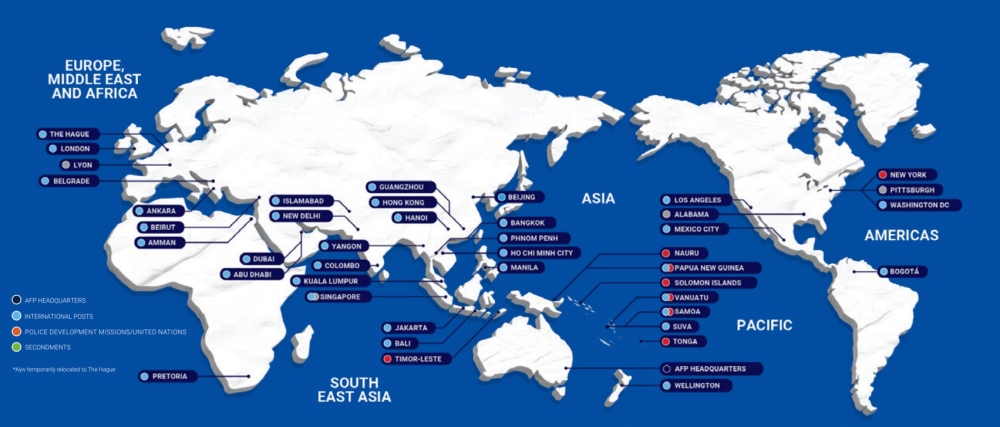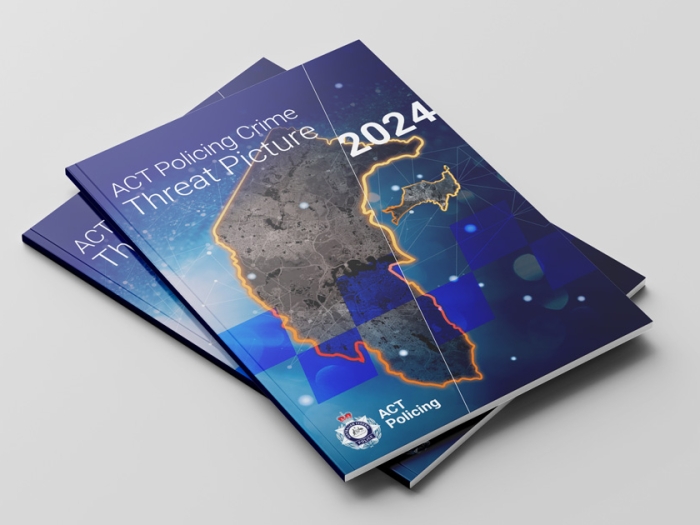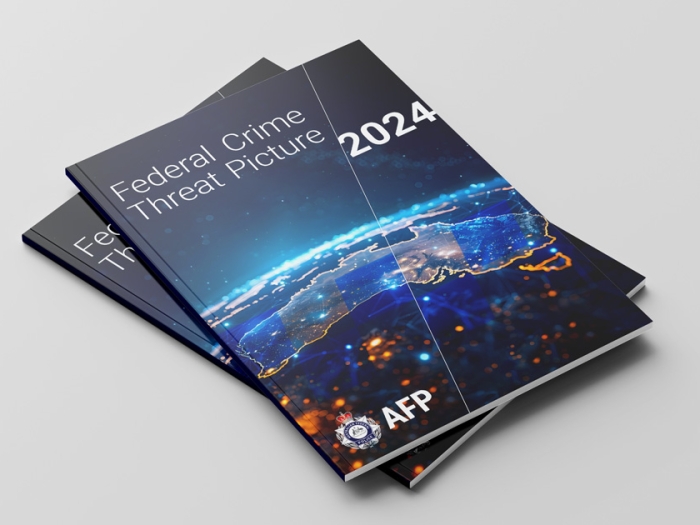Commissioner’s foreword
The mission of the Australian Federal Police (AFP) since its inception has been to protect Australians and Australia’s interests. This ambitious mission reflects not only the broad range of threats faced by Australia, but also the community the AFP serves which spans the nation and beyond.
As the Commonwealth’s policing agency, our success into the future is dependent on adequately understanding emerging threats and opportunities confronting Australia, successfully developing capabilities and tactics to keep pace with the changing threats and importantly, maintaining the trust and confidence of the community and government.
Success in our policing mission is an outcome of effective strategies, plans and partnerships. As the AFP approaches the 2030s the magnitude of converging geopolitical, economic, social, environmental, legal and technological changes are such that traditional planning timeframes and scope are insufficient.
To ensure our future success and growth, the AFP must engage comprehensively with the community, law enforcement partners, government, industry and academia.
The AFP Blue Paper considers the AFP’s journey over the past 45 years and challenges which have given rise to our agency as it currently stands. The Blue Paper outlines how the AFP can position itself to best protect lives, livelihoods and Australia’s way of life into the 2030s and beyond.
Reece P Kershaw APM
Commissioner
Australian Federal Police






